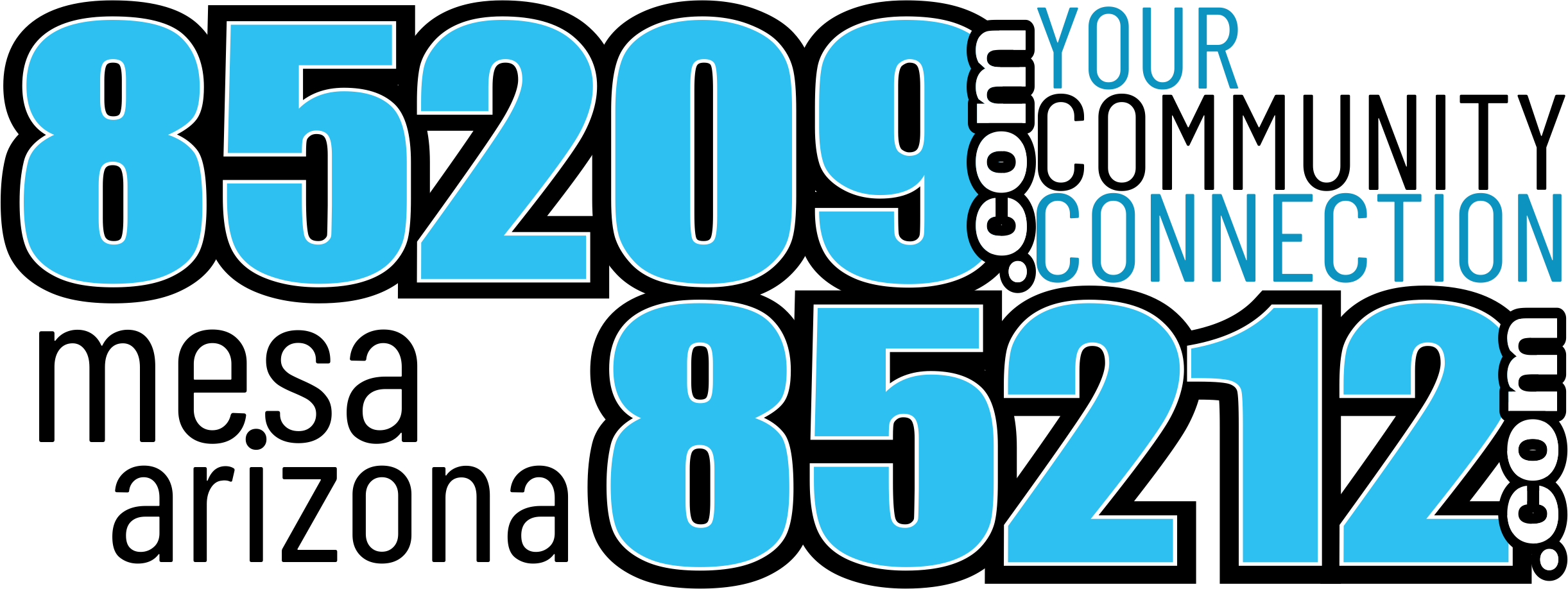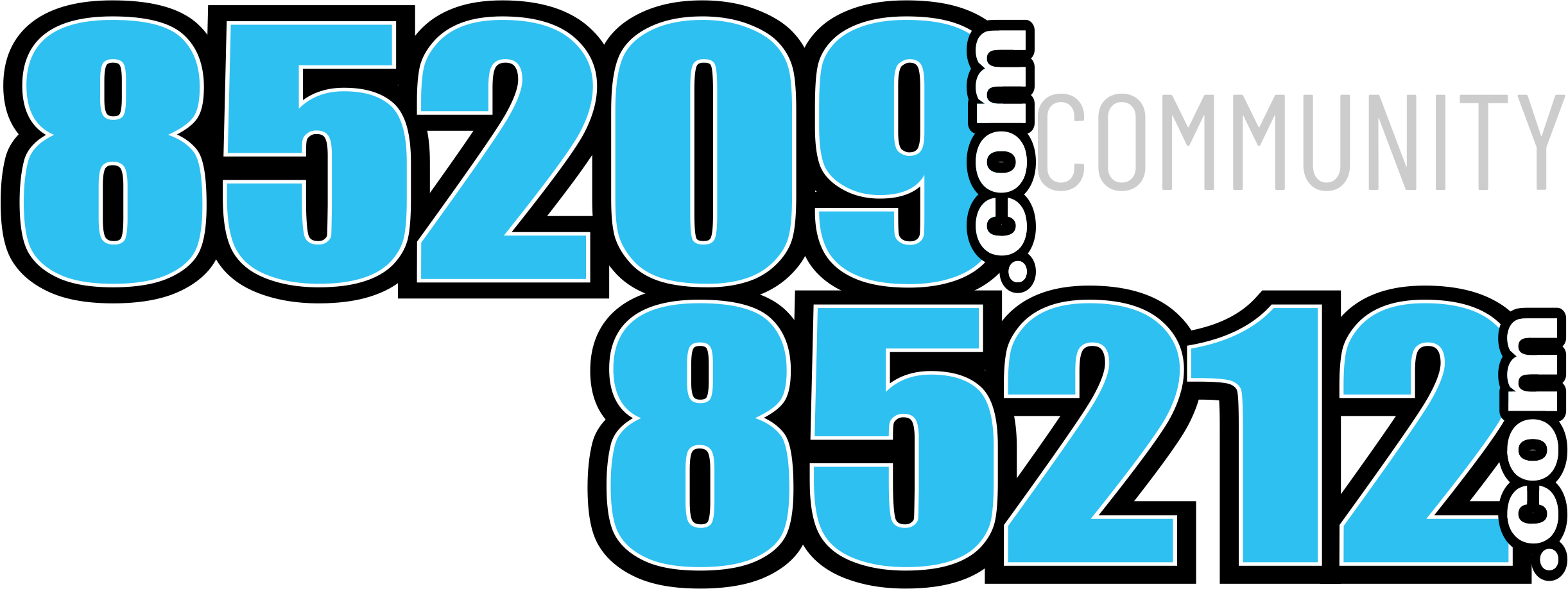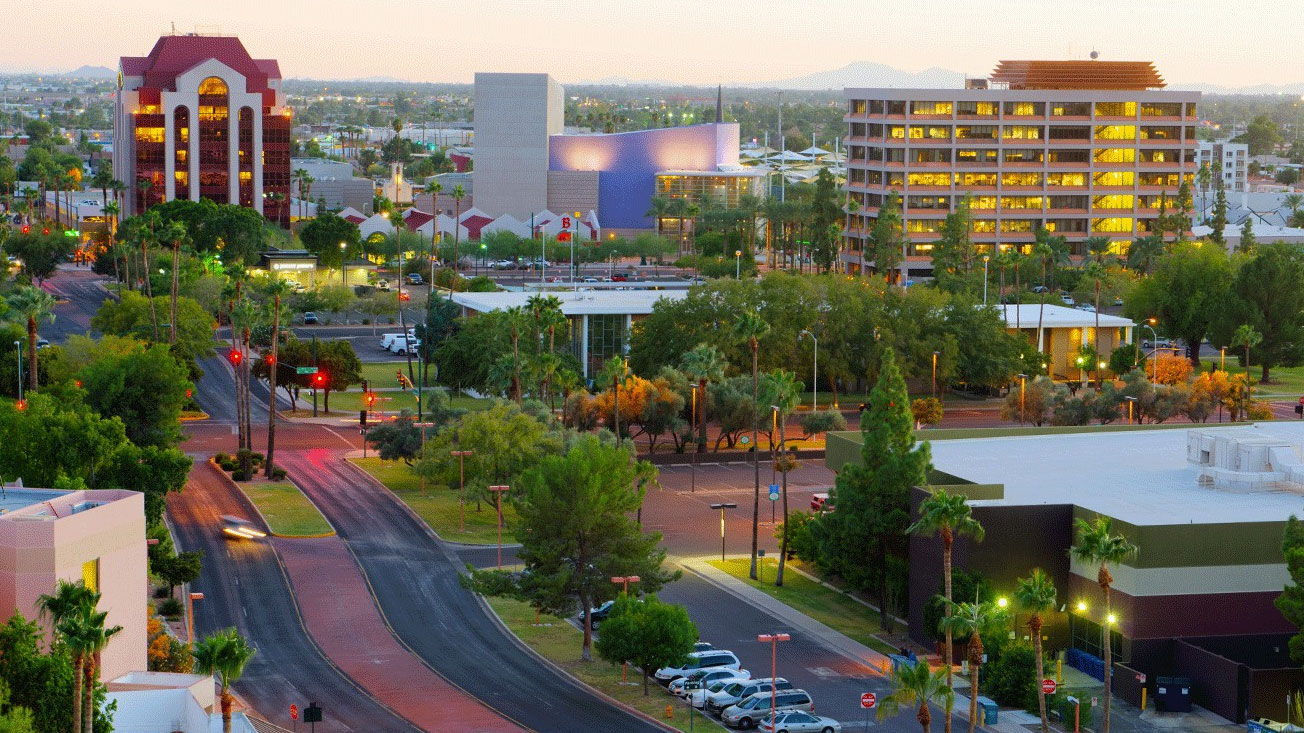A public comment period is underway through Wednesday, May 10, 2023, for the City of Mesa’s proposed Fiscal Year 2023/2024 Annual Action Plan. The plan includes specific activities recommended for funding under the U.S. Department of Housing and Urban Development (HUD) Community Development Block Grant (CDBG), Emergency Solutions Grant (ESG) and HOME Investment Partnerships (HOME) programs. The funds awarded by HUD are used for housing and community development activities that benefit low and moderate-income residents and assist in preventing or eliminating slum and blighting influences. The plan also includes the City’s Human Services programs which receive money from the General Fund and contributions from the ABC: A Better Community Program.
The Annual Action Plan for FY 23/24 outlines how the City intends to spend approximately $4,050,391 in CDBG and $2,008,173 in CDBG reprogrammed funds, $1,691,632 in HOME and $1,071,562 in HOME reprogrammed funds and $367,881 in ESG funds.
Human Services funding available to non-profit agencies is $558,000.
An electronic copy of the Annual Action Plan, listing all projects proposed for funding, is available.
Written comments are welcome and may be sent to:
Michelle Albanese,
City of Mesa
P.O. Box 1466
Mesa, AZ 85211-1466
You may also contact her at (480) 644-4546, or via e-mail at Michelle.Albanese@mesaaz.gov for further information. All written comments received by Wednesday, May 10, 2023, at 6 p.m. will be considered.
City Council is scheduled to vote on the funding recommendations at its May 1, 2023 meeting. Mesa will submit the Annual Action Plan to HUD by May 15, 2023. The 2023/2024 fiscal year begins July 1, 2023.
The public comment period for the Annual Action Plan coincides with National Community Development Week, which is being celebrated April 10-14. Over the past 10 years, the City of Mesa has received over $35,873,756 in Community Development Block Grant (CDBG) funds for numerous projects. The City of Mesa has participated in the federal CDBG Program for 46 years, ESG Program for 34 years and HOME Program for 30 years, and has received over $100 million to deliver critical services to low- to moderate-income persons whose income falls below 80% of the area median income (AMI.)







